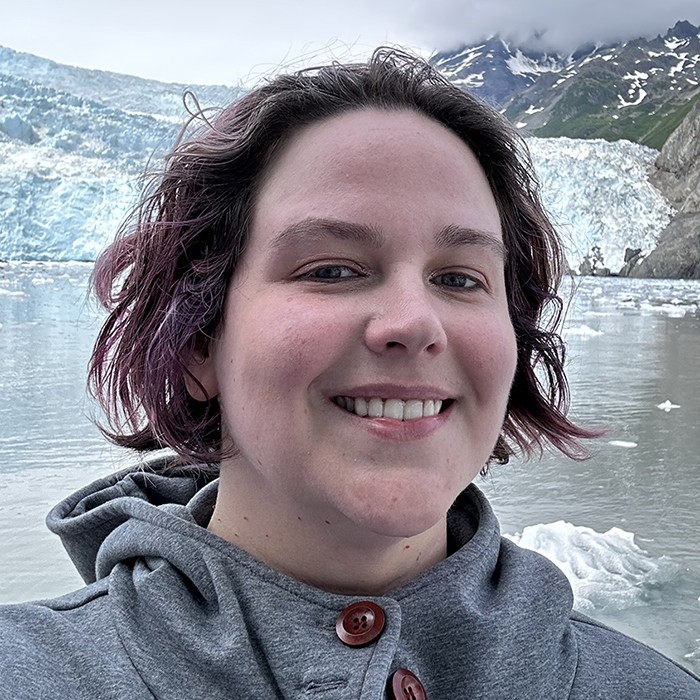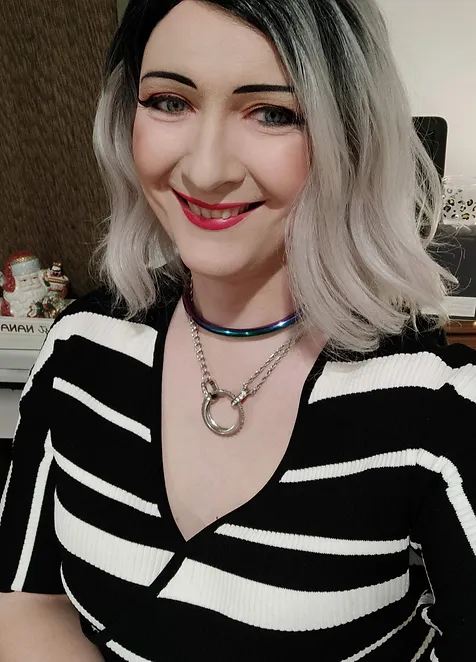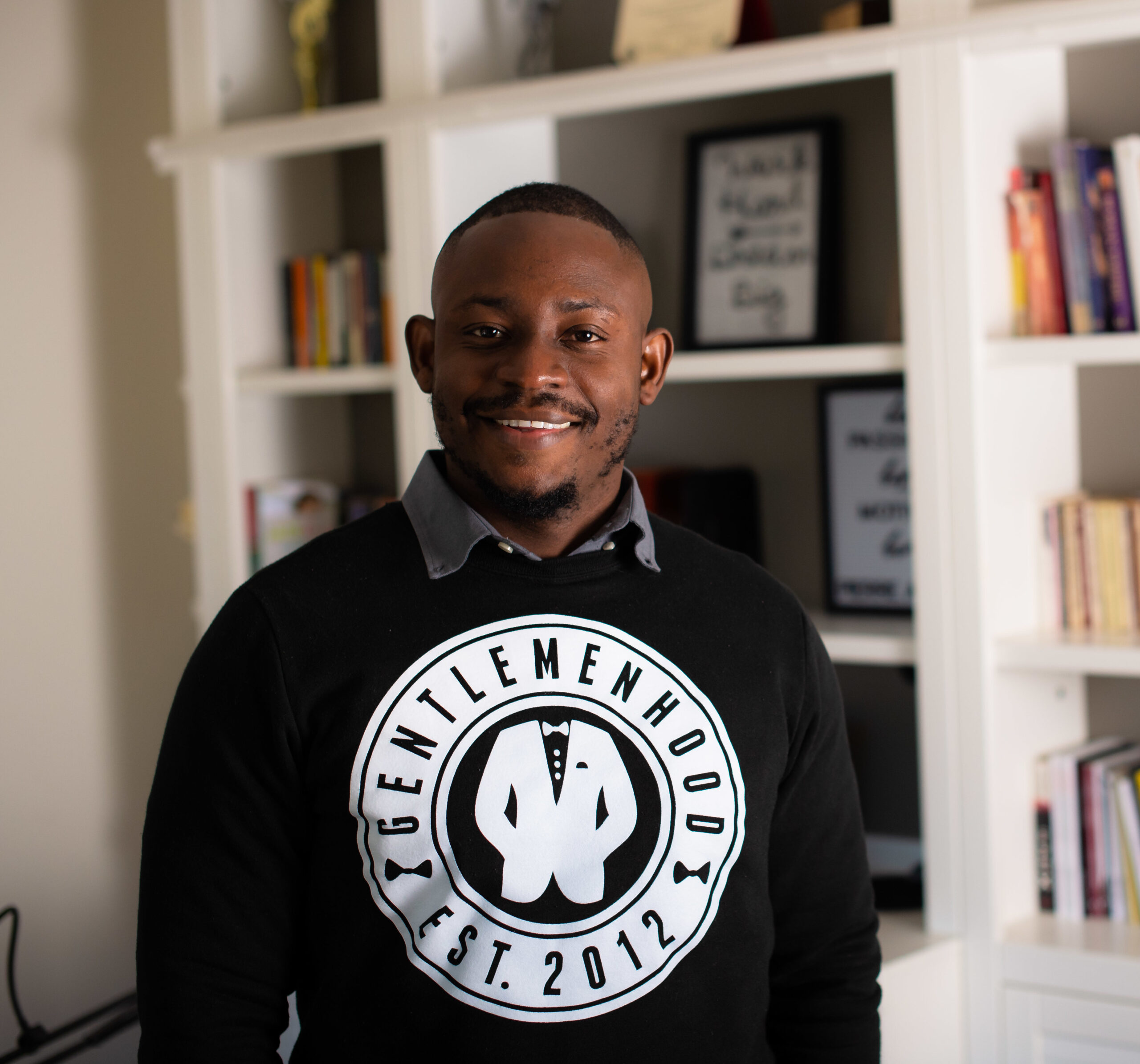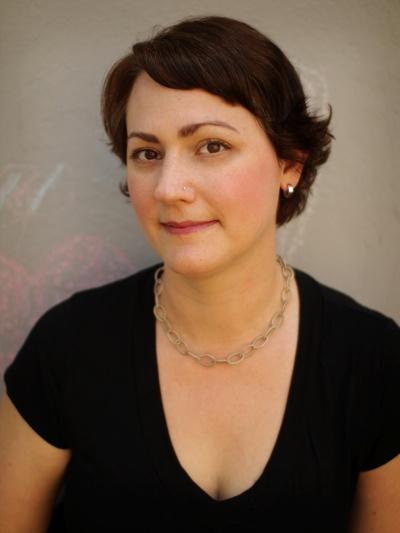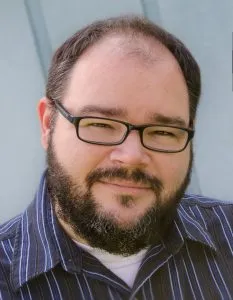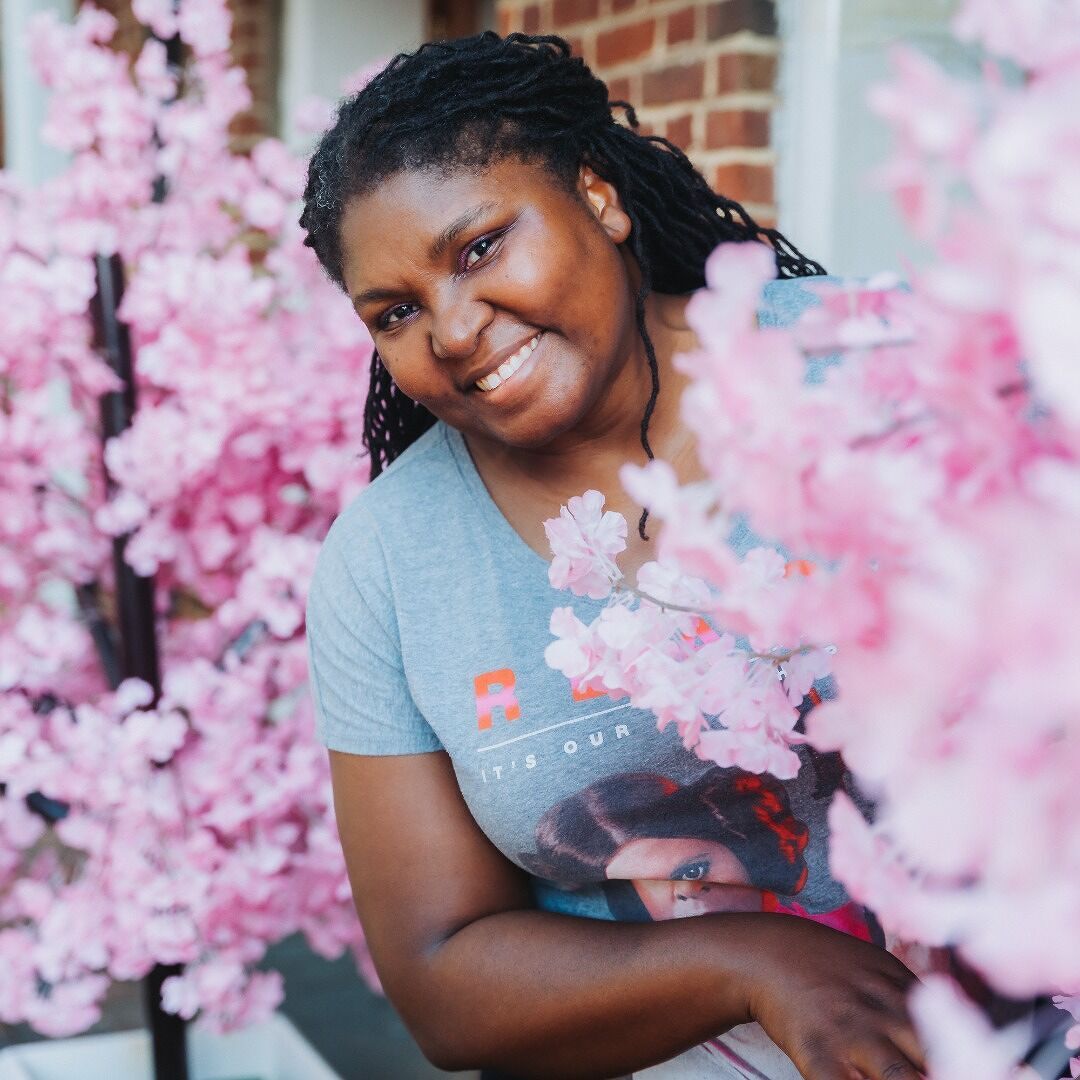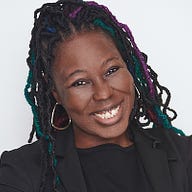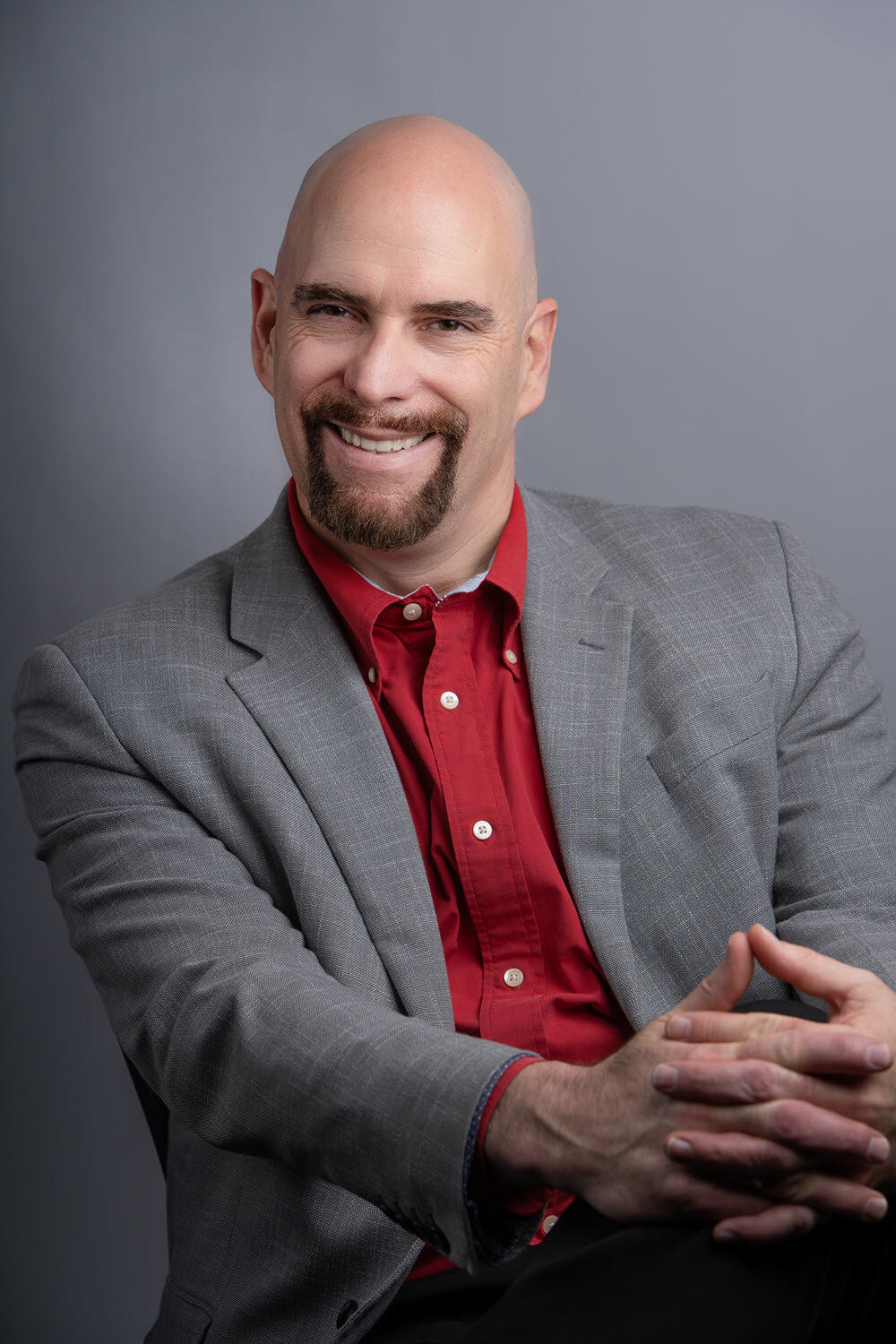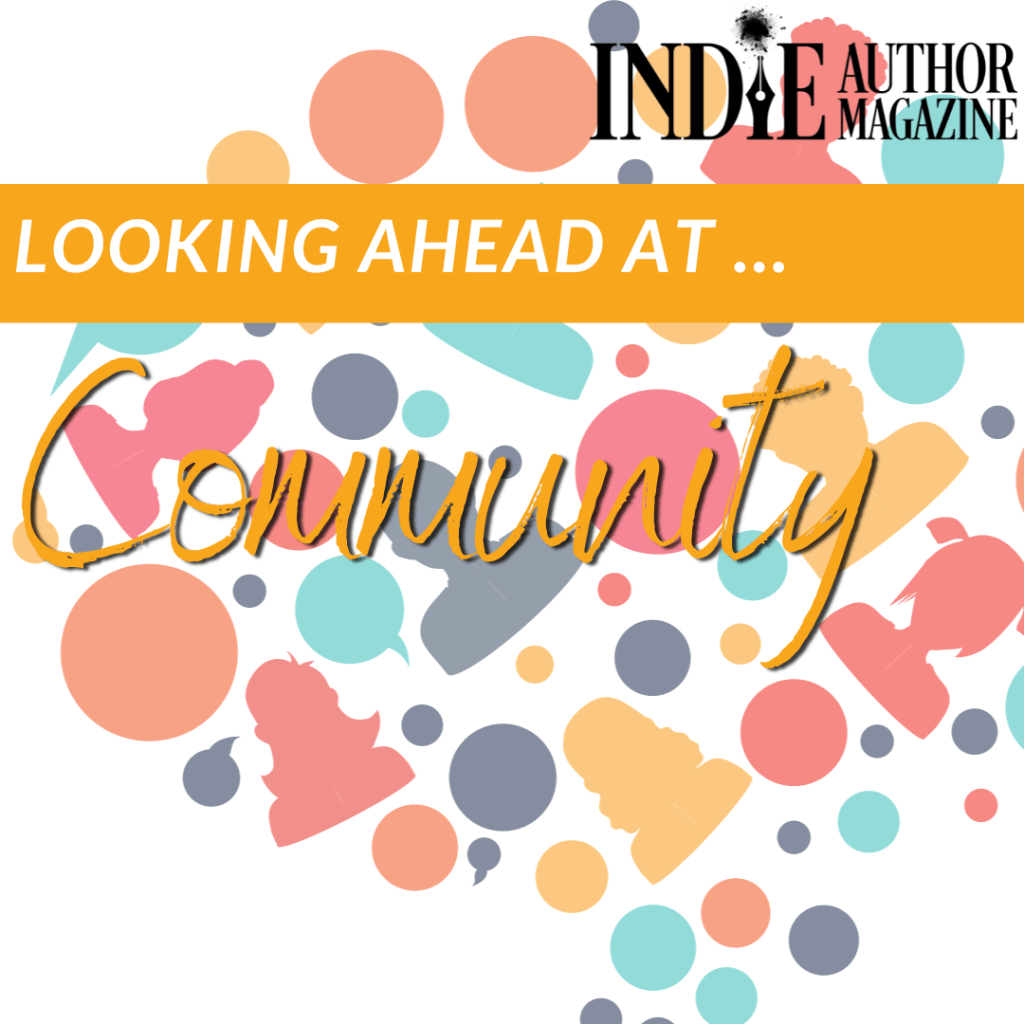For a career that is often portrayed as a lonely endeavor—one in which the author sits at their desk late into the night, a cup of coffee (or something stronger) beside them as they feverishly tap away at a keyboard or scratch pen against paper—writing rarely seems to be a solo act.
Author coaches, editors, cover designers, and beta readers work alongside authors to turn a rough-around-the-edges manuscript into a true book. Virtual assistants and accountants keep businesses running behind the scenes when writing takes priority. ARC teams and distributors help share the finished story with others. Other authors offer encouragement and advice for navigating the publishing industry, and readers sit at the helm of it all.
These connections have been building blocks for many self-published authors’ careers, so it’s no surprise many feel that community will remain important to the future of independent publishing for the same reasons. “Community matters because we are all that we have,” says author Ines Johnson. “Traditional publishing, they have their empire in New York, where they have their floors and their buildings and their people. But we have each other.”
Community doesn’t just inspire individual writers, however; it also incites growth in the industry. In the past several years, self-published authors have banded together to influence changes in distributor policies, leveraged social media to foster online connections with readers through BookTok and Bookstagram, and grown in number and influence within the larger publishing world. Still, it’s their relationships with readers, writes author Anthea Sharp, that ultimately remind many authors why they pursued this career.
“Pretty much every author I know writes to tell a story. Without someone on the other end, to tell the story to, this path gets cold and lonesome and can lead to burnout,” Sharp writes.
Author Jonathan Yanez agrees. “The art drives us to do it, but the commerce drives us to do it better too, right? So we’re always striving to make it a little bit better. But I think ultimately you wanna make it better for the people that are reading or consuming it or watching it,” he says. “I think that’s the difference—those that are successful, they have the right ‘why.’ They do it for the right reasons, and they’re passionate and they love it.”
